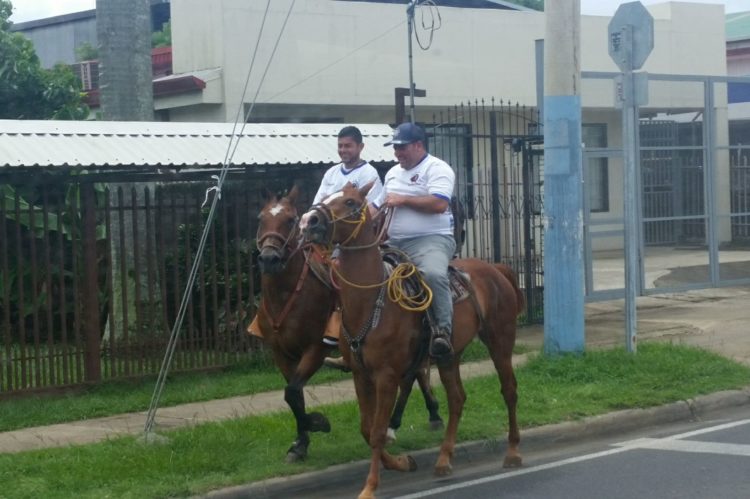
Category: Practical Tips

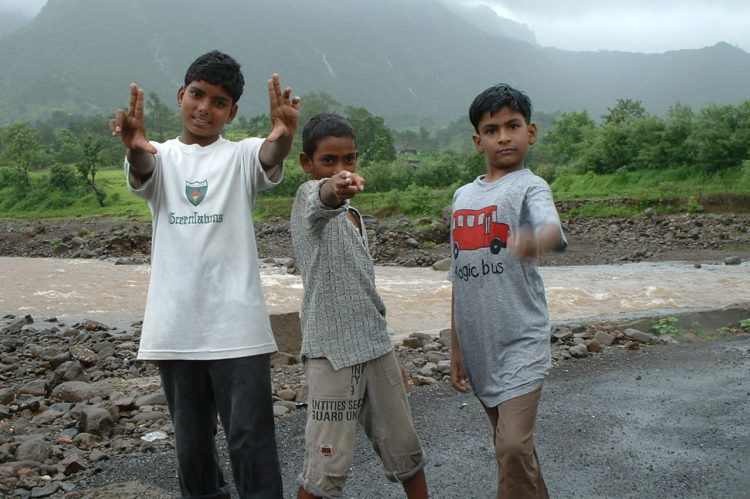
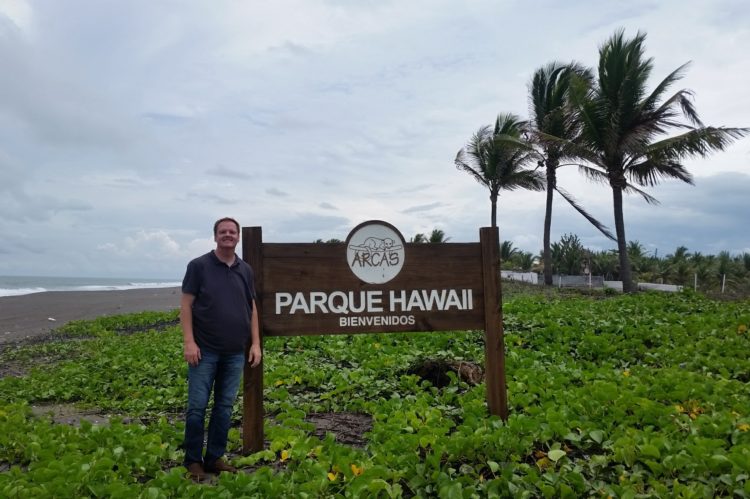



Lost or Stolen Passport Abroad
If your passport is lost or stolen abroad, our staff in the host country will assist you with obtaining a replacement passport from the local U.S. Embassy / Consulate.
Here is a list of documents / items you will need:
• Passport Photo
• ID (driver’s license or copy of missing passport)
• Evidence of U.S. citizenship (birth certificate or copy of missing passport)
• Travel Itinerary (airline tickets)
• Police Report (if applicable / available)
• Form S-11 Application for Passport
• Form DS-64 Statement Regarding a Lost or Stolen Passport
The U.S. Embassies / Consulates abroad typically process replacement passport only Monday-Friday during business hours. However they all have 24 hour emergency service, if for example your departure flight from the host country is within 24-48 hours.
From the State Dept website:
If your passport is lost or stolen while you are abroad, contact or visit the local U.S. embassy or consulate immediately and ask the American Citizens Services (ACS) unit to report the loss/theft.
The consular officer there may have you fill out an affidavit or a sworn statement to state the circumstances under which you lost the passport or under which it was stolen.
Remember, embassy officials are there to help you. Telling the truth is always your best course of action – you don’t want to have any difficulties getting a new passport to get home.
Your identity and citizenship will need to be confirmed by the officer through a personal interview. The officer will then have you complete an application for a replacement passport to get you home safely.
Usual application fees do apply if you have to replace your passport. However, if your money has also been stolen, we can help you contact friends or family to replenish your funds.
Replacement passports are normally valid for a full ten years for adults or five years for minors. The normal passport fees are collected from applicants for replacement passports.
Click for website of U.S. State Department for Lost or Stolen Passports.

WhatsApp: Stay in Touch When Volunteering Abroad
Staying in touch with family when you’re volunteering abroad has come a long way.
My cousin who traveled to India in the 1980’s stayed in touch with family and friends back home via handwritten letters, postcards and the occasional (and exorbitant!) landline phone call.
Even on my first trip abroad in 2000, I did not have a cell phone. I relied entirely on email and phone calls at the local Internet cafe (which was a 30 minute bicycle ride away).
How things have changed for the better.
These days most volunteers take a smart phone abroad of course.
There are many smart phone apps that let you message and talk easily with family and friends back home — and for free.
Our favorite communication app is WhatsApp Messenger.
WhatsApp Messenger is a FREE messaging app available for Android and IOS. WhatsApp uses your phone’s Internet connection (data or WIFI) to let you send and receive messages, calls, photos, videos, documents, and voice messages.
WhatsApp works with your phone number, just like SMS, and integrates seamlessly with your phone’s existing address book.
With WhatsApp, you’re always logged in. You never have to remember a login name or password.
Even if you turn off your phone or have no connection, WhatsApp will save your messages until the next time you use the app. This is especially useful when volunteering abroad because WIFI and data connections can be spotty.
WhatsApp is also preparing to introduce payments to its messaging app, making it the latest service to let users transfer money to one another with a text.
The only catch is that the people you want to communicate with also have to install WhatsApp on their smart phone.
Oh — and WhatsApp is owned by Facebook, in case that bothers you.
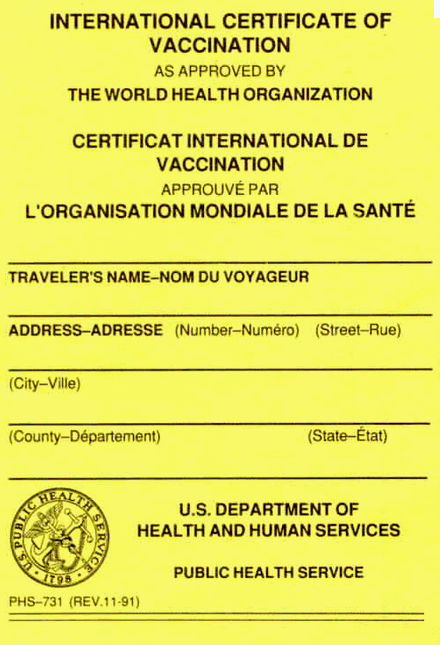
International Certificate of Vaccination or Prophylaxis
When you go on a volunteer trip abroad, we recommend that you carry the International Certificate of Vaccination or Prophylaxis Card (ICVP).
This document serves as a record of all major vaccinations you’ve had such as Tetanus, Hepatitis, Rabies, Typhoid, and tuberculosis.
Carrying an ICVP card is little like carrying a (very) abridged version of your medical records – specifically for vaccinations.
But really, the ICVP card’s most essential purpose is to show proof that you have received a Yellow Fever vaccination within the past 10 years.
When you need a Yellow Fever shot
There are a number of countries that will not allow entry without proof of Yellow Fever vaccination. One of those happens to be Ghana, one of our most popular host countries.
Also, there are countries that require proof of vaccination against Yellow Fever for all incoming passengers who have recently visited a country where Yellow fever is prevalent – even if only for transit.
For example, if you are from Australia and volunteer in Ghana, then Australian Immigration will require you to show proof of Yellow Fever vaccination.
If you already have an ICVP card
We recommend that you take the ICVP card with you on all international trips — even if you will not be visiting a country that requires you to show the ICVP. Why? In case you need medical treatment abroad and your doctor needs proof of your vaccination history.
If you do not have a ICVP
Obtaining an ICVP is as easy as asking for it when getting a relevant vaccination.
For Yellow Fever vaccinations, you will be given one automatically. The relevant area on the card should be stamped AND signed by the person certifying that you’ve been vaccinated.
For most other vaccinations you will normally not be given one unless you ask for it, and they will normally not be stamped or even signed.
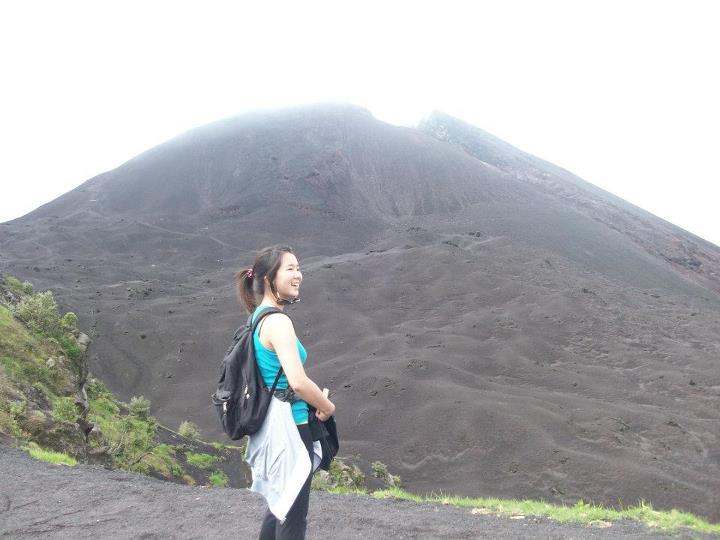
Do’s and Dont’s When Volunteering in Guatemala
Our best advice for getting the most out of your volunteer trip to Guatemala:
- Don’t drink tap water; only bottled or filtered water
- Have a cell phone in Guatemala (either from home or buy local)
- Carry your cell phone everywhere
- Tight / revealing clothes will draw extra attention from men
- No jewelry, cash or expensive electronics in public
- Don’t go alone on excursions or isolated places
- Tell your host family if you are not going to be home for meals
- Don’t isolate yourself (ear buds, sunglasses, spending all free time in bedroom)
- Don’t worry about mistakes when speaking Spanish
- Do not use ATM’s around Central Park Antigua area due to electronic fraud
- In Antigua use only ATM’s inside upscale hotels like Porta Hotel Antigua
- Watch for pickpockets and scammers at all ATM’s
- Be aware that sexism and harassment are prevalent
- Bring a rain jacket and small umbrella – it rains often in Antigua and Xela
- Use your own toiletries
- No swimming under any circumstances
- Wash your hands frequently (or hand sanitizer if you can’t wash)
- Keep your room tidy and clean up after yourself
- Always ask before taking photo/video of someone
- Speak softly – shouting and talking loud is impolite
- No riding in chicken buses
- Vehicles always have the right of way
- Don’t ignore symptoms like headache, diarrhea, not sleeping
- Fight jet lag with water, exercise, and adjusting to local time immediately
- Always carry contact information on paper for our staff and your peers
- All illnesses, incidents, & accidents MUST be reported immediately to coordinator
- Use bug spray at night to avoid mosquito bites

15 Rules of the Road When Volunteering Abroad
Here are 15 “Rules of the Road that we teach our volunteers so that your volunteering trip abroad is a safe and meaningful experience.
1. You must be supervised and escorted at all times – by either our staff or host family (only for volunteers < 16)
2. Always carry contact information on paper for our staff, host family and peers
3. All illnesses, incidents, and accidents MUST be reported immediately to our local Coordinator
4. Only drink bottled or filtered water (never tap water)
5. Do not ignore symptoms like persistent headache, diarrhea, and insomnia
6. Absolutely no swimming under any circumstances (even in hotel pool)
7. Do not isolate yourself (via ear buds, sunglasses, staying in bedroom)
8. Wash your hands frequently (also use hand sanitizer)
9. Use bug spray at night to avoid mosquito bites
10. Watch for pickpockets at ATM’s and tourist areas
11. Do not be flashy with cash, cameras, jewelry etc.
12. Vehicles always have right of way – never assume they will see you or stop for you!
13. Do not ride on motorcycles or in unlicensed taxis/buses
14. Always have your cell phone with you
15. No adventure sports like zip-lining, snorkeling, rock climbing, aerial activities of any kind
